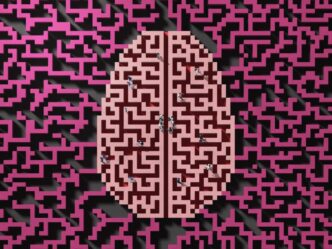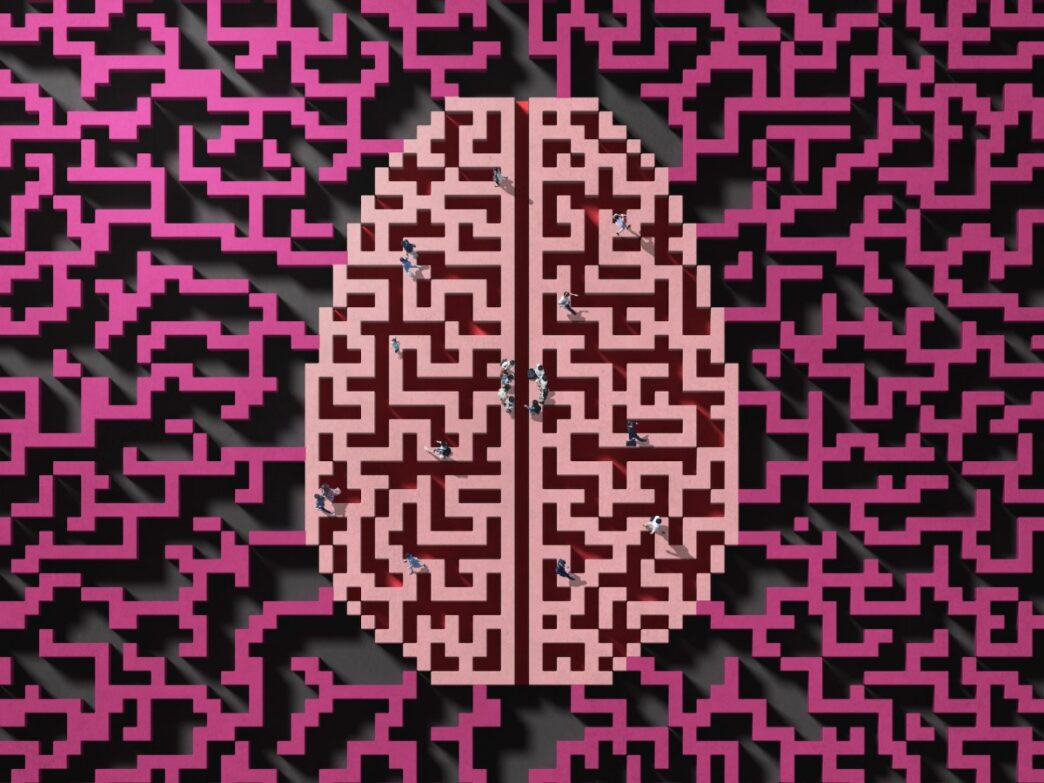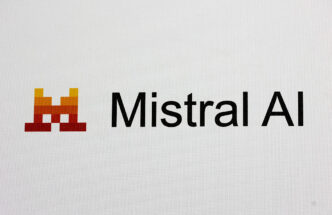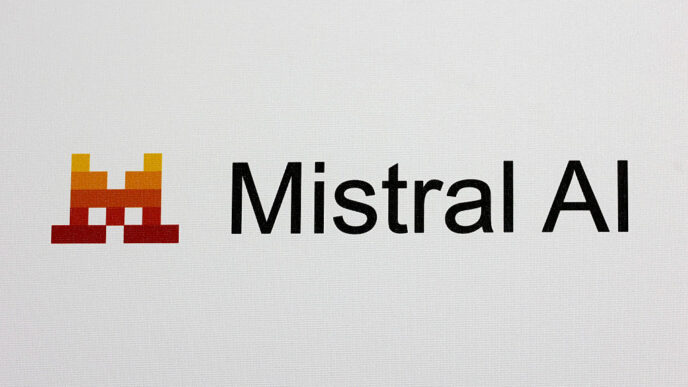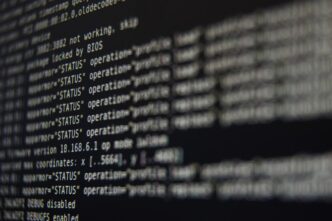OpenAI, Google DeepMind, Anthropic and others call for research on monitoring AI reasoning models’ “thought processes.”
The coalition dropped a position paper Tuesday pushing deeper studies into chains-of-thought (CoT) monitoring. CoTs are how AI models, like OpenAI’s o3 and DeepSeek’s R1, externally work through problems—like a scratch pad for reasoned answers.
The researchers want AI developers to focus on what keeps chains-of-thought transparent and monitorable. They warn current visibility into AI decision-making could vanish if ignored.
OpenAI’s Mark Chen, DeepMind’s Shane Legg, Anthropic’s executives, and Nobel laureate Geoffrey Hinton are among the signers. They urge the broader AI community to preserve CoT transparency as these models become common and more powerful.
OpenAI previewed its first reasoning model, o1, in September 2024. Since then, DeepMind, xAI, and Anthropic have jumped in with more advanced AI reasoning models. But few understand how these models actually reach conclusions.
Anthropic flagged that CoTs might not fully reveal AI decision steps. OpenAI sees CoT monitoring as a future safety tool. The paper aims to get more eyes and funding on this early-stage research.
OpenAI researcher Bowen Baker told TechCrunch:
“CoT monitoring presents a valuable addition to safety measures for frontier AI, offering a rare glimpse into how AI agents make decisions.”
“We’re at this critical time where we have this new chain-of-thought thing. It seems pretty useful, but it could go away in a few years if people don’t really concentrate on it.”
“Publishing a position paper like this, to me, is a mechanism to get more research and attention on this topic before that happens.”
The AI safety push comes amid heated competition. Meta’s been luring top AI researchers from OpenAI, DeepMind, and Anthropic with million-dollar deals. CoT and reasoning models are hot research targets in that race.
This paper signals a rare industry-wide focus on AI interpretability and safety at the model reasoning level. How chains-of-thought behaviors evolve could shape AI governance for years.
